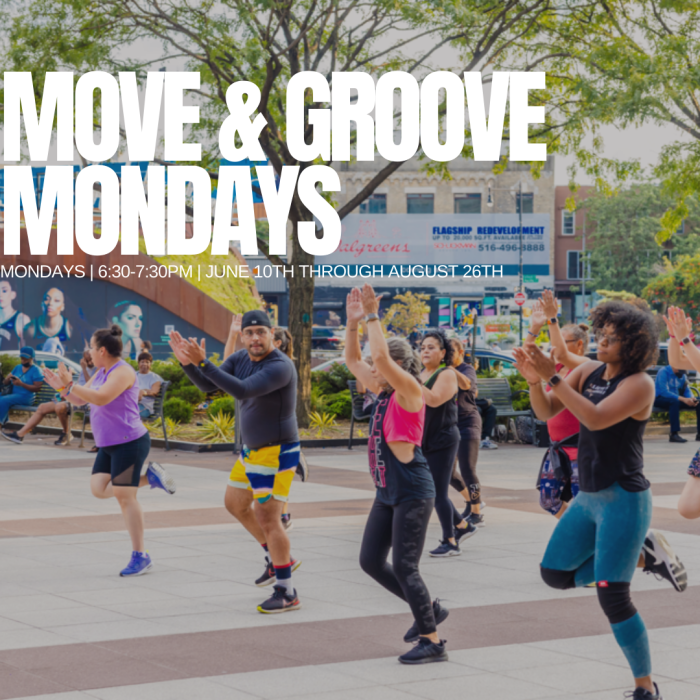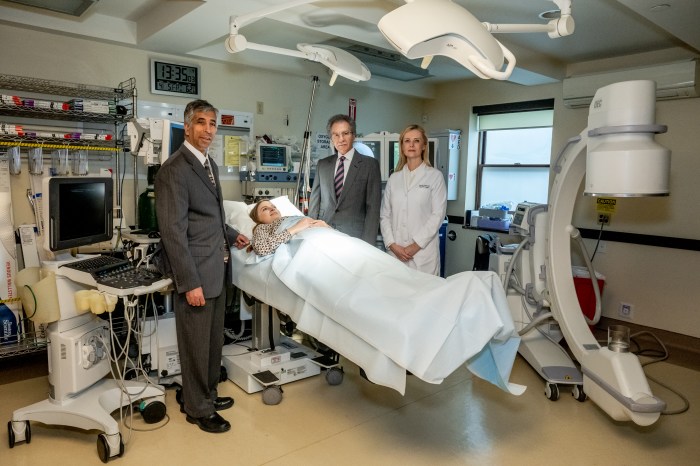This treatment is next level!
A Sunset Park medical center is using new video-game technology to help stroke survivors and victims of other brain injuries regain motor function, a treatment one hospital honcho called effective — and fun.
“There was a boredom factor to try and get a person to cooperate through the whole treatment,” said Vincent Cavallaro, NYU Langone Hospital–Brooklyn’s vice president of neurology and rehabilitation. “This is much more engaging.”
But patients at the 55th Street hospital between First and Second avenues don’t play with your run-of-the-mill Nintendo controller. Instead, they guide digital avatars — including cartoon go-kart racers in a game similar to Mario Kart — using a motorized machine that challenges them to keep their balance while helping their recovering brains develop new ways to communicate with their bodies.
And the machine, called Kore Balance, isn’t just loaded with the go-karting program. It features a variety of games that also includes one in which patients guide a penguin as it slides down a ski slope, which allows them to track their progress and even play against others in recovery, according to another hospital employee.
“You get to compete against yourself, and other patients as well,” said Kara Nizolek, who directs rehabilitation at the hospital.
The Kore Balance contraption is the latest in the medical center’s fleet of video-game-like devices that assist those recuperating, which also include a sensor-equipped glove and corresponding program that helps fine tune motor skills by allowing patients to play music by making various gestures with their hands, and a joystick with a weighted support that allows people who can only partially move their arms to improve their range of motion.
Those devices have proven extremely effective in aiding recovery over the years, according to Nizolek, who said video-game-assisted rehabilitation is no longer the future, but the present.
“This is the new hot topic,” she said. “Virtual reality and robotic interventions are seen as best practices.”






















